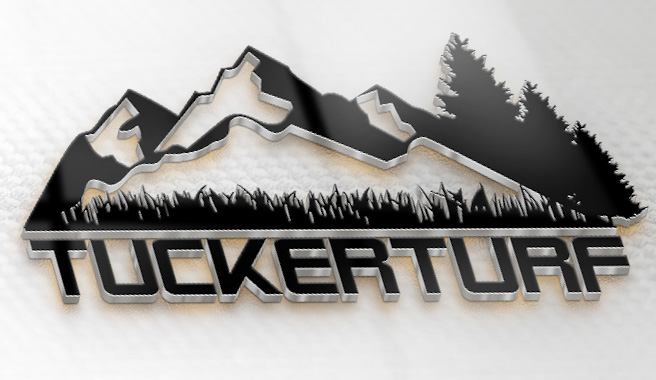Biology and Plant Physiology
All of the plant material in your yard is a living breathing organism that has a few fundamental requirements to thrive. Your lawn, trees, shrubs and flowers need food water and light. The better we can provide food, water and light on a consistent basis the healthier plants will become. Healthy plants require less “treatments” pesticides. I like to drink clean water and breathe clean air, so when it comes to chemical applications I believe less is more. In many circumstances preventative applications of herbicides, insecticides, and fungicides are not only unnecessary but are detrimental to plant health. If you asked your doctor for cancer treatment and you didn’t have cancer what would the doctor’s answer be?
We can reduce the need for “treatments” by just keeping the plants healthy. For the lawn, one of the most important cultural practices is regular mowing. Mowing on a weekly basis and removing not more than 1/3 of the leaf blade regulates how much light the plant can utilize for continued growth. Plants exhaust carbohydrates to produce leaf tissue. When we remove too much leaf tissue, root growth stops in an effort to replace leaf tissue. Green leaf tissue is the engine that keeps the plant running. Scalping the turf to the point where it turns yellow will cause roots to shorten. Increasing mowing frequency forces the turf to grow laterally increasing density. Dense turf chokes out weeds and even prevents them from germinating.
Maintaining optimum level of nutrients in the soil is crucial for healthy plants. All plants have a list of essential nutrients they need to be healthy. Plants need three square meals a day, every day. Not an energy drink a couple times a year. Many contractors apply a cheap quick release Nitrogen that provides instant results. Instant green up followed by a flush of growth only causes the plants to use up carbohydrate reserves, shorten roots and decrease density. In addition to nitrogen, plants need phosphorous and potassium along with a list of micro nutrients to be healthy. Many essential micro nutrients are present in the soil but are unavailable for plant uptake. Adjusting soil Ph with lime or gypsum can help make micro nutrients available for plant uptake. I only use premium slow release fertilizers that supply the plants with a continuous supply of nitrogen, phosphorous and potassium. My average maintenance client only needs three fertilizer applications a season to maintain healthy plants. Only when necessary will I make applications of herbicides, insecticides or fungicides and when possible I will make spot applications rather than treat the entire property. I believe we are responsible for the environment and as applicators we need to take an IPM (Integrated Pest Management) approach to every application. Every property should be evaluated for current environmental conditions prior to making an application of a pesticide. Water is crucial for all living organisms. In an ideal world it would rain a half inch every three days. Likewise over watering can have detrimental effects on your yard. Watering too frequently discourages root growth and creates an ideal environment for weed seeds to germinate. It can also create an ideal environment for diseases to thrive. Water management, proper nutrition and the right cultural practices can minimize the negative effects these periods of stress can have on the desired plant species. Healthy plants require fewer “treatments”, look better, are less expensive to maintain and are better for the environment.




